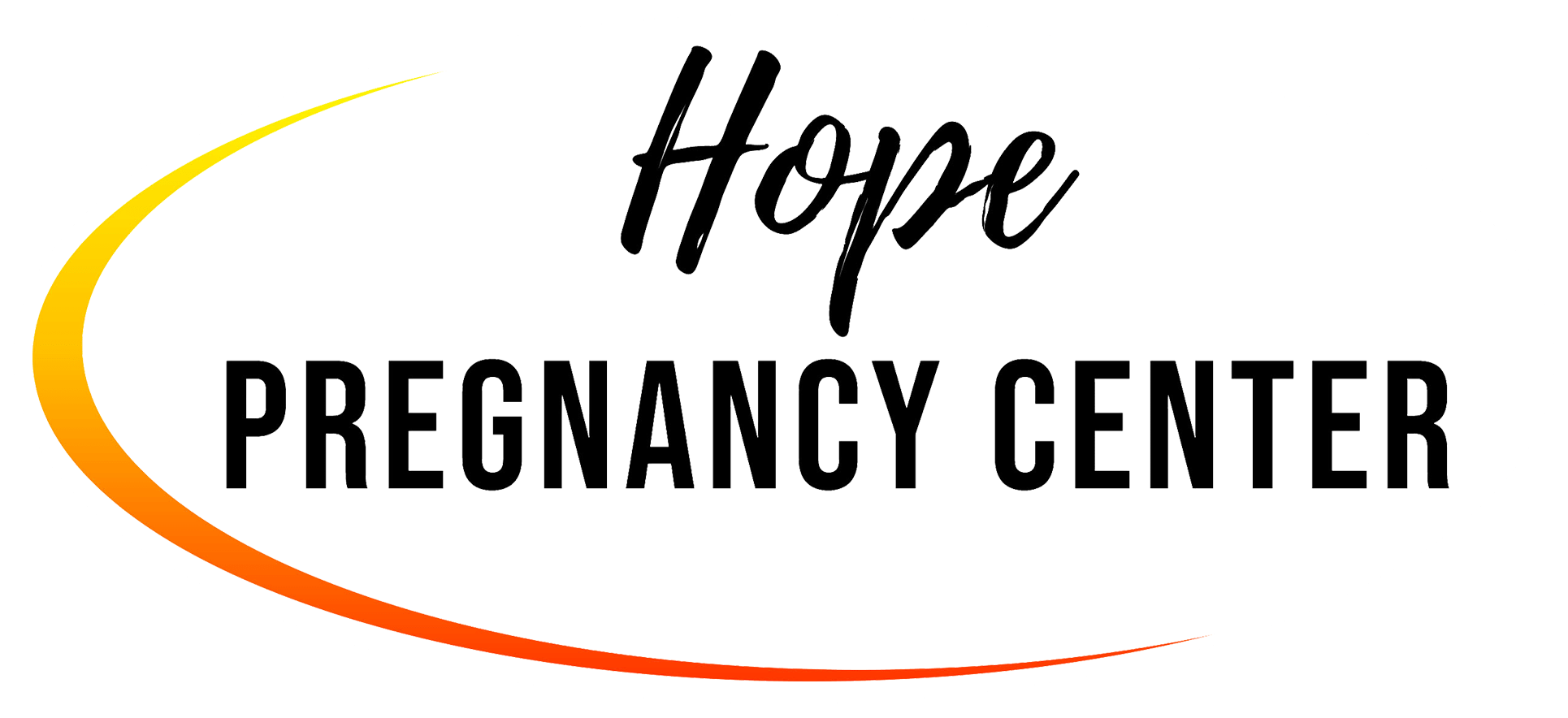
Happy and Sad All At Once: Let’s talk about life post pregnancy.
After birth, or the end of a pregnancy, the body begins to readjust. During that time all kinds of emotions can come up. You may experience tears of joy in one moment, and then in the next those tears of joy can sometimes turn into, well, just tears.
Moments of joy can suddenly be dampened by moments of sadness, irritability, or mood swings causing you to wonder “what’s wrong with me?” If this is how you’re feeling then you may be experiencing the “baby blues.”
Baby Blues
Labor and delivery can cause extreme exhaustion – and healing from a vaginal delivery or C-section is hard. Add to that changing hormone levels and late-night feedings that leave you deprived of sleep and emotionally drained.(1)
These circumstances affect your moods in a strong way; and often they lead to the baby blues.
Over 70 percent of new moms experience some level of the baby blues, so you’re not alone.(2)
If you have the baby blues, then you might be feeling one or more of the following symptoms:
• Moments of sadness and weepiness.
• Occasional irritability and moodiness.
• Trouble sleeping and scattered thoughts.
• Difficulty making decisions.
• Feeling overwhelmed about caring for your baby and your healing body.
Postpartum Depression (PPD) and Anxiety
About one in eight women suffer from them, and they can begin anytime within the first year after giving birth.(3)
A number of factors that are out of your control can cause them; it’s not your fault. Wrestling with them doesn’t make you a bad or unfit mother, it just makes you a mom struggling to get through.(4)
After birth, pregnancy hormones quickly drop back to their pre-pregnancy levels, and doctors believe that this sudden drop contributes to PPD and anxiety. There are also a few other factors that can increase your likelihood for depression or anxiety.
Things like:(5,6,7)
• If you’re young.
• If you’ve experienced PPD or any depression or mental disorders in the past.
• If depression runs in your family.
• If you were depressed or very anxious while you were pregnant.
• If you’ve suffered recent stressful circumstances in your life, such as a difficult pregnancy or birth, a loss, abuse, or any other extremely stressful event.
• Or if you have negative feelings about being a mom. Maybe you weren’t expecting to be a mom so soon, or you’re worried that you can’t be a good mom. You might even feel negative about your post-pregnancy body.
How to Recognize PPD?
Some symptoms of postpartum depression can be confused with those of the baby blues. Remember, though, that PPD symptoms are more intense and last longer. If you have several of the following symptoms that last most of each day and longer than two weeks, then you may have PPD.
• Feeling depressed, sad, or low.
• Feeling more tired or having less energy than a mom of a newborn should have.
• Trouble thinking, concentrating, or making decisions.
• Loss of appetite or eating too much.
• Trouble enjoying things that used to be fun.
• Feeling worthless or hopeless.
• Isolating and feeling like you can’t make it through the day.
• Trouble sleeping when your baby sleeps, or sleeping too much.
• Feeling numb or disconnected from your baby.
• Having scary or negative thoughts about something bad happening to your baby.
• Worried that you might hurt your newborn, even though you never would.
• Feeling guilty or ashamed about not being a good mom.
• Feeling anxious or afraid to leave your home with your baby or afraid to leave your baby with anyone else but you.
Talking to your medical provider about how you’re feeling may sound scary. It’s hard to talk about things we may feel guilty about or ashamed of. No mom likes to admit to feeling depressed or disconnected from her baby, or to put voice to their thoughts of harming their babies, even when they know they never would. But keeping silent is much worse. Letting your provider know exactly what you’re feeling and how deeply you’re feeling it will give her the information she needs to come up with a treatment plan just for you.
When talking to your provider:(8)
1. Make sure they understand exactly how bad you are feeling and how often. Write your symptoms down beforehand to ensure that you don’t forget anything.
2. Be honest with them about any history you have with depression, PPD, anxiety, or any mental disorders and about any medications you are taking. They are not there to judge you, but rather to help you heal.
3. Consider taking someone with you to your appointment. They can help you share your concerns and be a second ear for when your doctor discusses treatments.
A support group can help you cope with your depression.
All babies deserve the chance to have a healthy mom, and you deserve the chance to enjoy life and your children.
If you are feeling depressed after having a baby, don’t suffer alone. Please tell a loved one and call your medical provider right away.
The content on this page has been reviewed and approved by our Medical Director.
Resources include:
1. “Baby Blues after Pregnancy.” Home, March of Dimes, May 2021, www.marchofdimes.org/pregnancy/baby-blues-after-pregnancy.aspx. accessed 10/26/21
2. “Baby Blues.” American Pregnancy Association, 16 July 2021, americanpregnancy.org/healthy-pregnancy/first-year-of-life/baby-blues/. Accessed 10/26/21
3. “Depression during & after Pregnancy: You Are Not Alone.” HealthyChildren.org, American Academy of Pediatrics, 17 Dec. 2018, www.healthychildren.org/English/ages-stages/prenatal/delivery-beyond/Pages/Understanding-Motherhood-and-Mood-Baby-Blues-and-Beyond.aspx. accessed 10/26/21
4. “Depression during and after Pregnancy – Maternal and Child …” HRSA Maternal and Child Health, U.S. Department of Health and Human Services , 2019, mchb.hrsa.gov/sites/default/files/mchb/MaternalChildHealthTopics/maternal-womens/health/depression_during_and_after_pregnancy_en.pdf. accessed 10/26/21
5. “Postpartum Depression.” Home, March of Dimes , Mar. 2019, www.marchofdimes.org/pregnancy/postpartum-depression.aspx. accessed 10/26/21
6. “Depression during and after Pregnancy – Maternal and Child …” HRSA Maternal and Child Health, U.S. Department of Health and Human Services , 2019, mchb.hrsa.gov/sites/default/files/mchb/MaternalChildHealthTopics/maternal-womens-health/depression_during_and_after_pregnancy_en.pdf. accessed 10/26/21
7. “Depression during & after Pregnancy: You Are Not Alone.” HealthyChildren.org, American Academy of Pediatrics, 17 Dec. 2018, www.healthychildren.org/English/ages-stages/prenatal/delivery-beyond/Pages/Understanding-Motherhood-and-Mood-Baby-Blues-and-Beyond.aspx.
8. “How Do I Talk to My Healthcare Provider.” The Postpartum Stress Center LLC, 2021, postpartumstress.com/get-help-2/how-do-i-talk-to-my-doctor/
Postpartum Depression
©2001-2018 True to Life Productions, Module 5
Brochure Baby Blues and Postpartum
©2001-2018 True to Life Productions, Module 5

